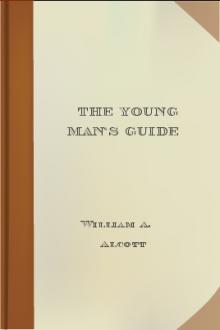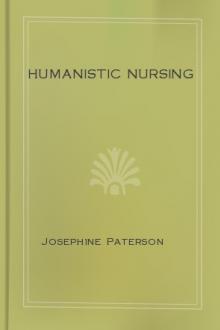Genre Philosophy. Page - 7
No registration or authorisation! And it is all for free!

beginning anti-monastic. It is not rare for history to have similar contradictions to record. The meek Galilean who preached the religion of a personal revelation, without ceremonial or dogmatic law, triumphed only on condition of being conquered, and of permitting his words of spirit and life to be confiscated by a church essentially dogmatic and sacerdotal.In the same way the Franciscan movement was originally, if not the protest of the Christian consciousness against monachism, at least the

ther of body or mind, must be under the direction of knowledge. Upon the assumption just made, then, virtue is teachable. But where are the teachers? There are none to be found. This is extremely discouraging. Virtue is no sooner discovered to be teachable, than the discovery follows that it is not taught. Virtue, therefore, is and is not teachable.In this dilemma an appeal is made to Anytus, a respectable and well-to-do citizen of the old school, and a family friend of Meno, who happens to be

nately we are not without a clue to his methods--henot only had the best of teachers, but continued his training all throughhis life. When we consider his labors, the claim of the busy man of to-daythat he has "no time" seems almost frivolous.The thoughts of Marcus Aurelius (of which the following citations arefrom Long's translation) were written, not for self exploration, nor fromdelight in rounded periods, but for his own guidance. That he was in factguided by his principles no

be just from convention or enactment. The latter, he says, can be just only with respect to those things which by nature are indifferent. Thus when a newly reconstituted city took a living Spartan general for its eponymus, no one was bound by nature to sacrifice to Brasidas as to an ancestor, but he was bound by enactment and after all the matter was one of convention, which, in a society framed on the model of an organized kindred, required that the citizens have a common heroic ancestor, and

is finding out. It "passeth knowledge" (Eph. iii. 19).Nothing speaks to us of the love of God, like the cross of Christ. Come with me to Calvary, and look upon the Son of God as He hangs there. Can you hear that piercing cry from His dying lips: "Father, forgive them; for they know not what they do!" and say that He does not love you? "Greater love hath no man than this, that a man lay down his life for his friends" (John xv. 13). But Jesus Christ laid down His

an respect to degrade hisChristian dignity. In whatever company he might be, he alwayssaluted the Blessed Sacrament when passing a Church; and he nevermet a priest without paying him a mark of respect. A word from hislips sufficed to silence whosoever dared blaspheme in his presence.In reward for his virtues, God showered even temporal blessings onHis faithful servant. In 1871 he was able to give up his businessas a jeweller, and retire to a house in the Rue St. Blaise. Themaking of point-lace,

ir background the physical world we live in and all its familiar accessories. Life on the sixth division is simply our ordinary life on this earth, minus the physical body and its necessities; while as it ascends through the fifth and fourth divisions it becomes less and less material, and is more and more withdrawn from our lower world and its interests.The scenery of these lower divisions, then, is that of the earth as we know it: but it is also very much more; for when looked at from this

hionable education in fault. 6. Sobriety. Definition of the term. An anecdote. Love of mental and bodily excitement usually connected. 7. Industry. How to judge whether a person is industrious. 8. Early rising. A mark of industry. Late rising difficult of cure. 9. Frugality. Its importance shown. 10. Personal Neatness. Its comforts. 11. A good temper. Its importance illustrated. 12. Accomplishments. 263-305 CHAPTER VII. --CRIMINAL BEHAVIOR. Section I. Inconstancy and Seduction.--Constancy. Its

s re-issue of Paterson and {v} Zderad's classic work will help to remind us of another way of developing our power. Perhaps we can, once again, look for and call for authentic dialogue with our patients, our students, and our colleagues. Paterson and Zderad are clear in their method: discuss, question, convey, clarify, argue, and reflect. They remind us of our uniqueness and our commonality. They tell us that it is necessary to do with and be with each other in order for any one of us to grow.

f his words and acts, the trifles he never considers,--is tremendous. Every moment of life he is changing to a degree the life of the whole world. Every man has an atmosphere which is affecting every other. So silent and unconsciously is this influence working, that man may forget that it exists.All the forces of Nature,--heat, light, electricity and gravitation,-- are silent and invisible. We never see them; we only know that they exist by seeing the effects they produce. In all Nature the